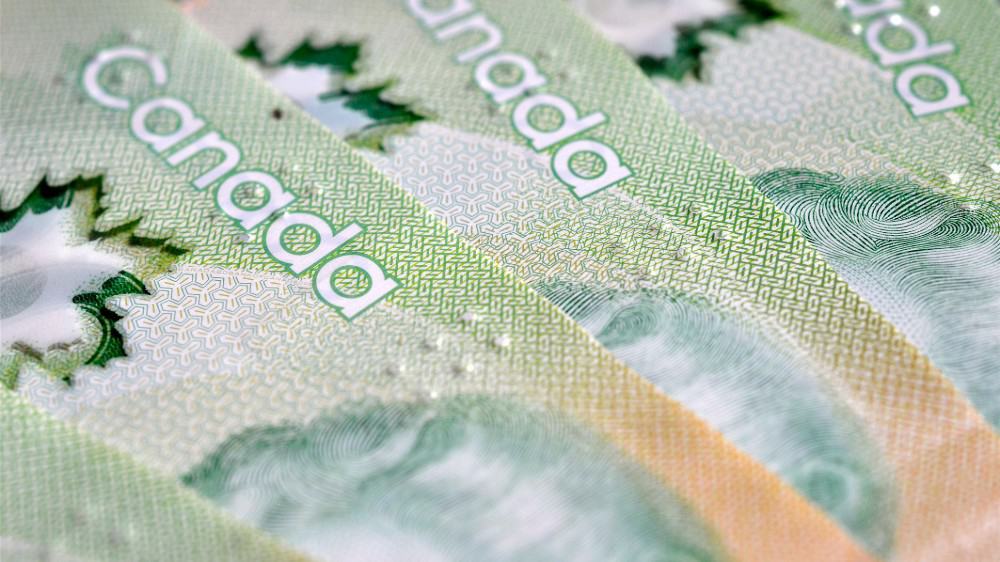For most Canadians, the RRSP is the retirement savings vehicle of choice. Providing tax deductions and tax-free growth, it can be a great place to grow your money — for most people, that is.
The thing is, the RRSP’s benefits depend on how much money you will earn in retirement. If you have an extremely generous pension plan (say, $100,000 a year), your RRSP withdrawals will be taxed at a heavy rate. Ditto if you have any other substantial outside source of income past the age of 71.
Basically, whether an RRSP makes sense depends on your personal circumstances. If you expect to earn nothing but CPP and OAS in retirement, making RRSP contributions is quite wise. But if you’re going to have a lot of other income coming in, it may be best to consider another option.
Invest in a TFSA
Investing in a TFSA is preferable to investing in an RRSP if you expect to have a lot of income past the age of 71. The reason is that TFSA withdrawals are not taxed. While RRSPs provide a “double whammy” of tax-savings (deductions and tax-free compounding), the TFSA offers more unambiguous tax savings.
As previously mentioned, you could end up paying a lot of tax on RRSP withdrawals if you have a high income in retirement. In a TFSA, you pay no taxes, ever, no matter how much money you’re making. The only thing that could negate that benefit is if you contribute too much or hold banned investments.
An example of how much you could save with a TFSA
To illustrate the benefits of holding investments in a TFSA, let’s consider an investor holding a $69,500 TFSA portfolio at a 3% average yield.
That portfolio would pay about $2,000 a year.
That’s not bad for a TFSA investor. If this investor had a 30% marginal tax rate, they’d save hundreds of dollars a year in taxes by holding the investment in a TFSA.
And this example isn’t hypothetical either. Many Canadian stocks and ETFs yield about 3%, providing about $2,000 a year in dividends in a maxed-out TFSA.
Consider the iShares S&P/TSX 60 Index Fund (TSX:XIU). This is about as conservative as you can get with an equity fund, making it an appropriate retirement investment for many Canadians. Historically, the fund yielded about 2.7%, but the COVID-19 market crash pushed the yield over 3%. With $69,500 invested in it, you’d earn more than $2,000 a year in dividends. That’s not taxable in a TFSA. If you realized a 10% gain on the fund and sold, you’d have a capital gain of $6,950. Again, that’s not taxable in a TFSA.
Outside a TFSA, both dividends and capital gains are taxable. In an RRSP, they aren’t, but they become taxable upon withdrawal. In fact, with RRSP withdrawals, you have to give up the dividend tax credit and the 50% reduction on taxable capital gains. So, the TFSA’s tax benefits are much more straightforward and less conditional than the RRSP’s.









